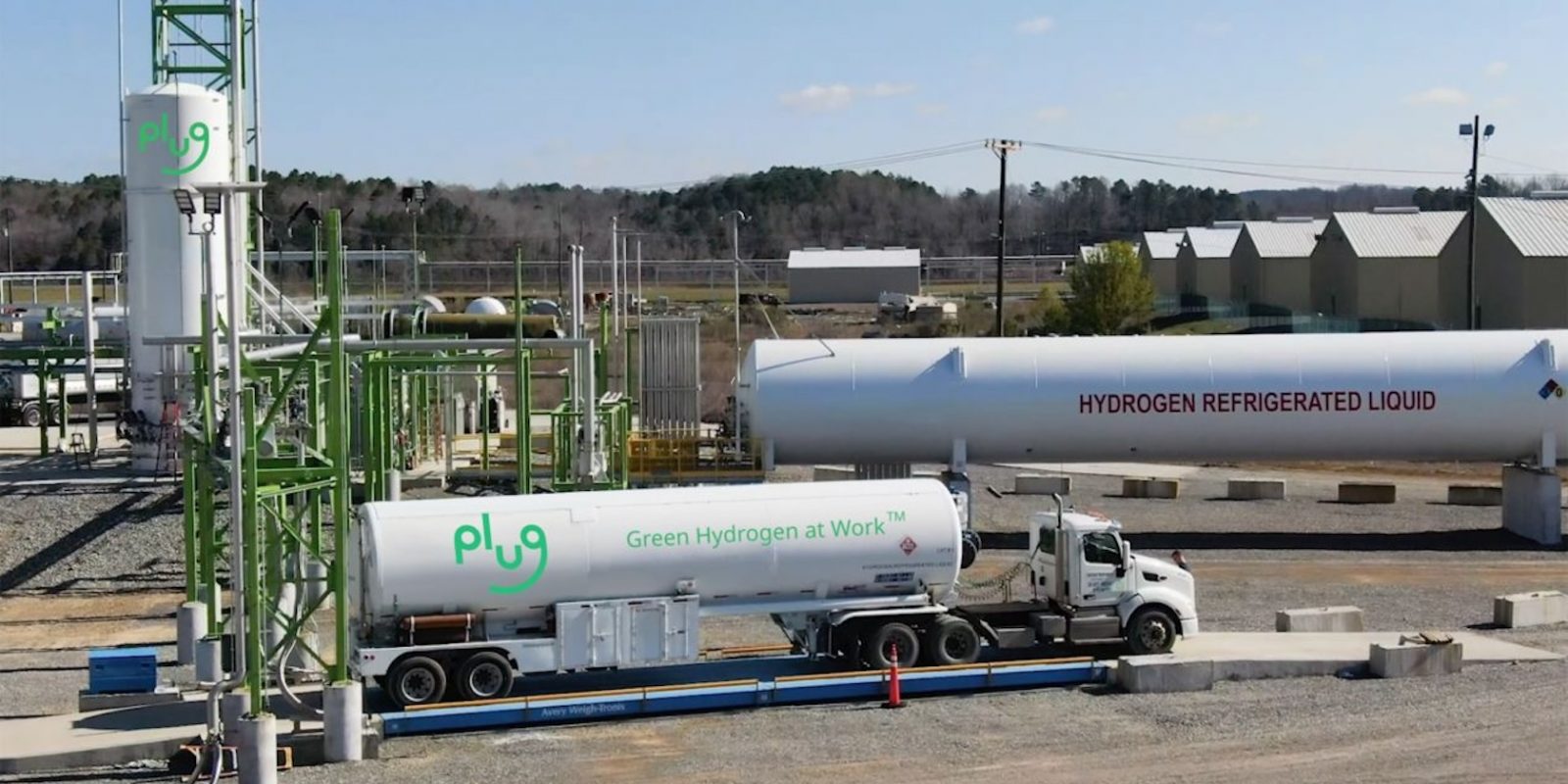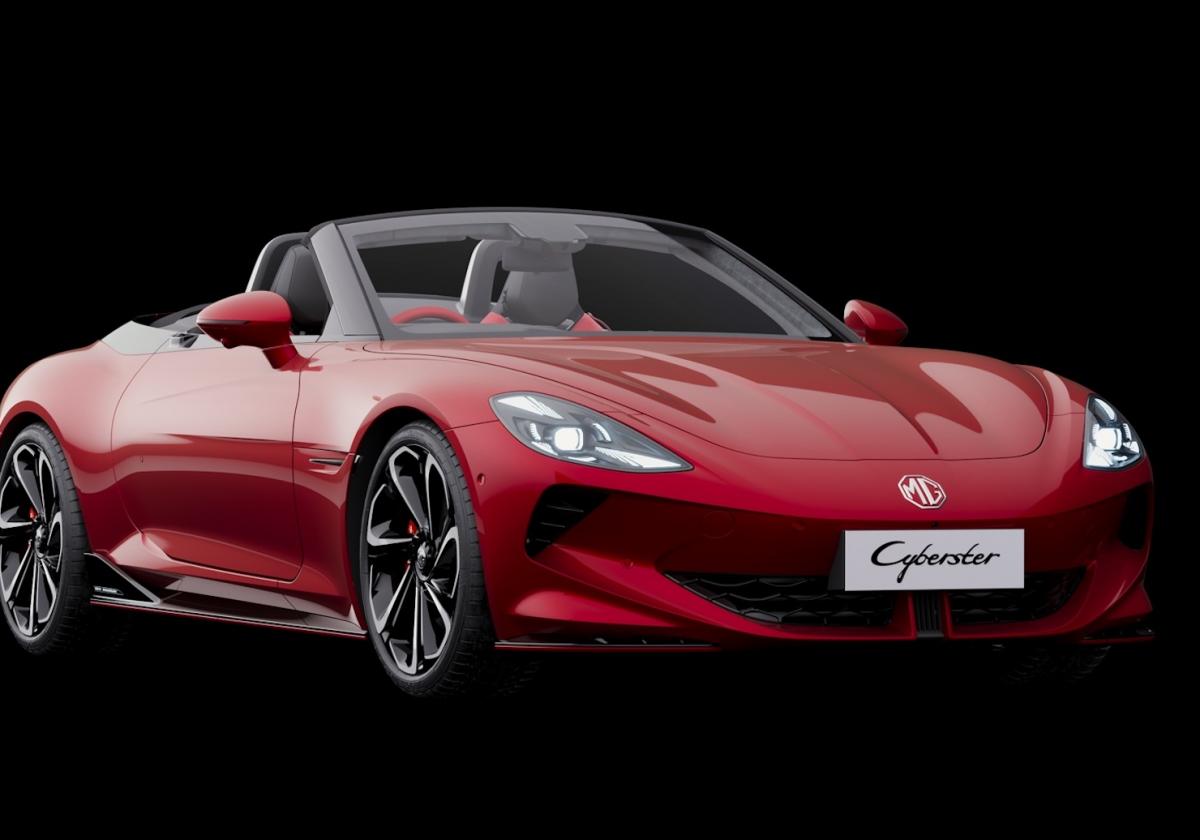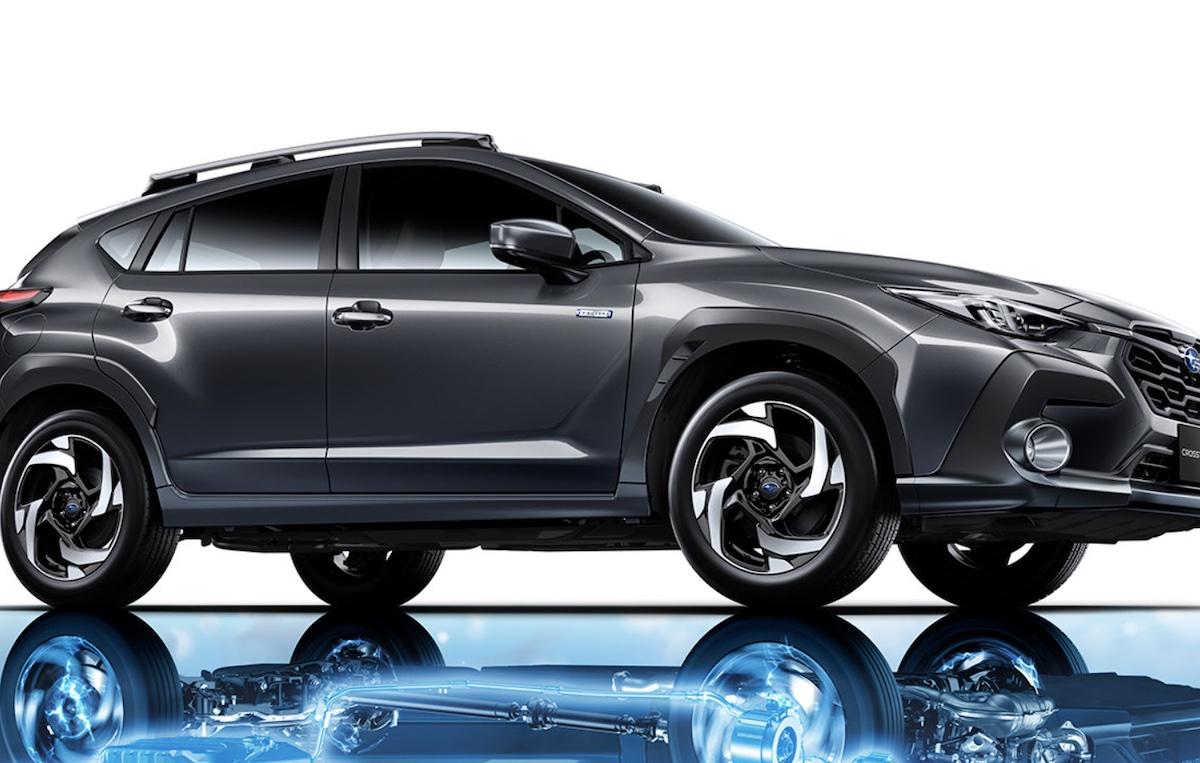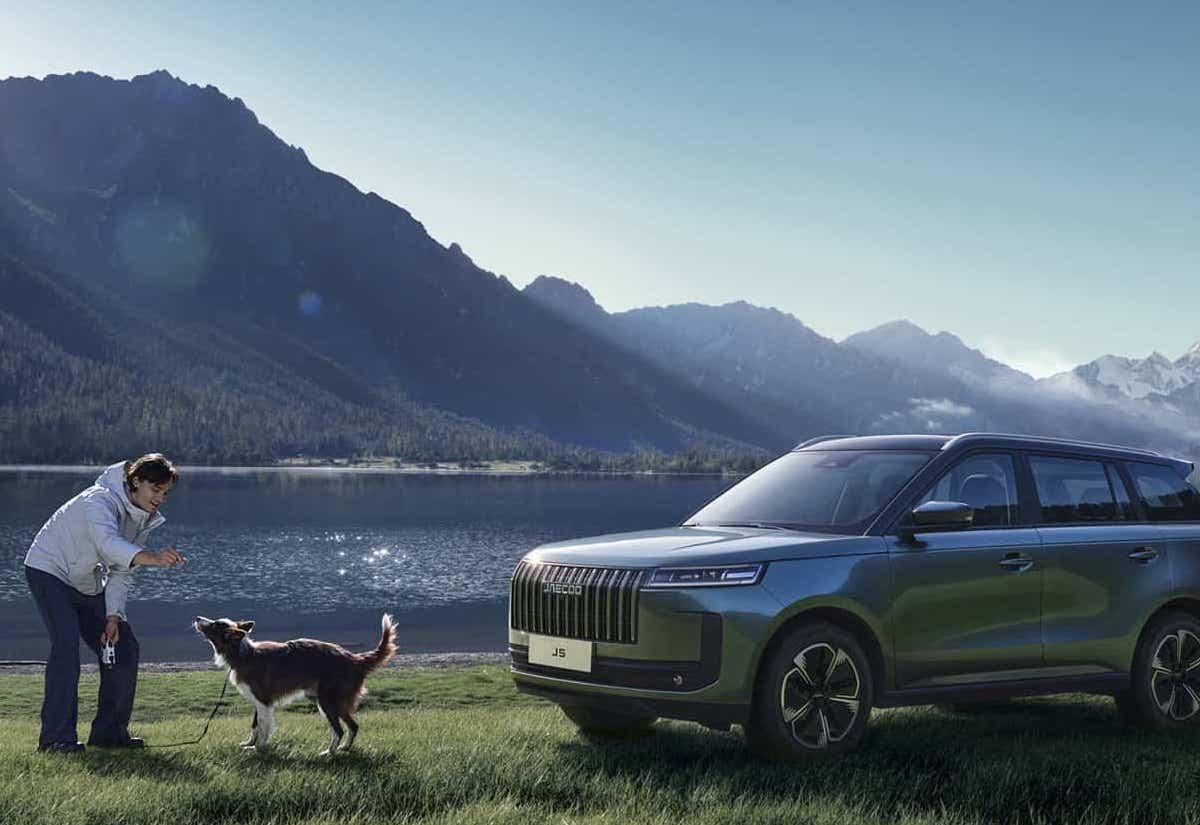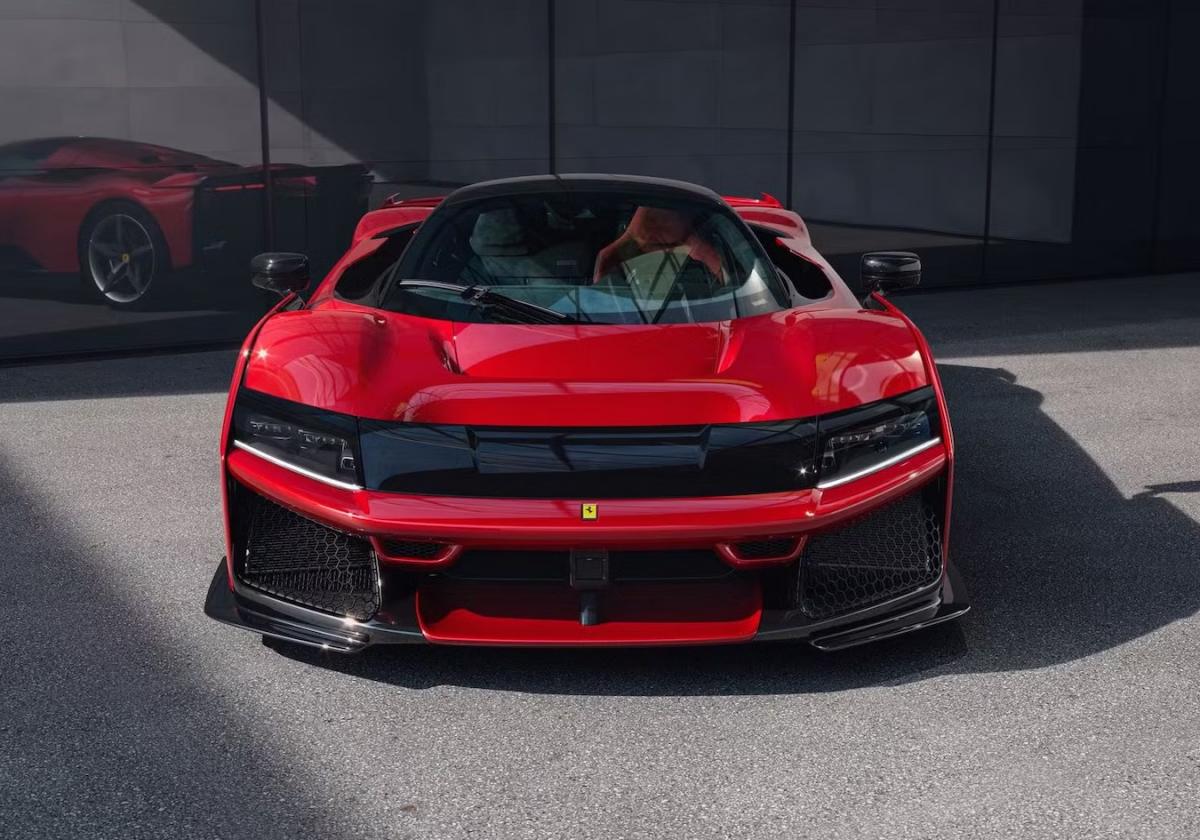On November 10, 2023, Plug Power, a leading player in hydrogen fuel cell technology, saw its stock price plummet by 40%, raising questions about the future of hydrogen cars.
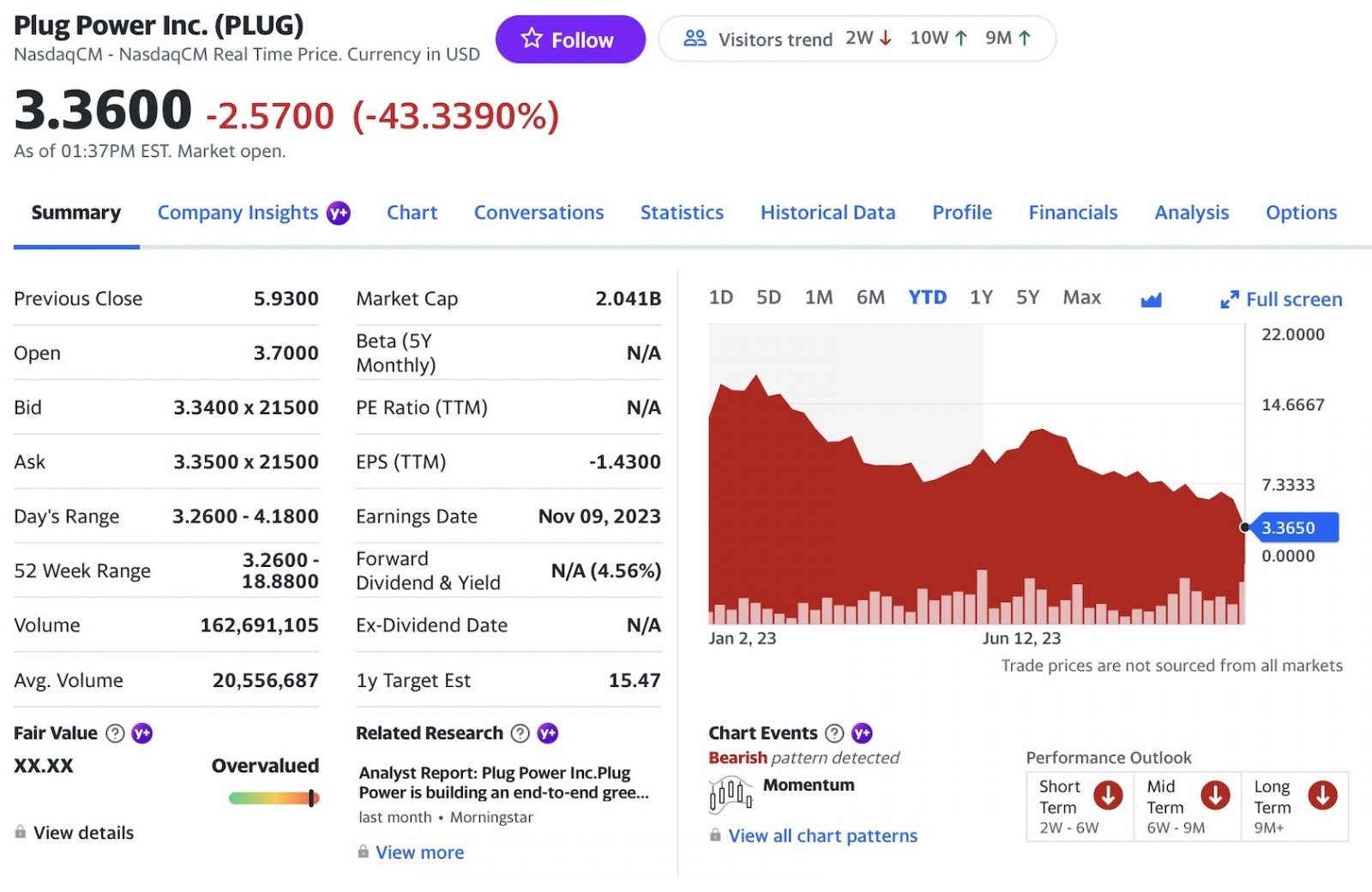
This downturn raises questions for Toyota, a major global automaker and significant investor in hydrogen car technology, about the practicality of persisting with hydrogen amid market uncertainties.
Toyota’s sluggish approach to bringing hydrogen cars to market, coupled with setbacks in its hydrogen car development program, may be indicative of broader concerns among investors about the viability of hydrogen cars.
While Toyota has made some strides in hydrogen technology, my opinion is that the company has been somewhat hesitant in embracing electric vehicles (EVs). The EV market is experiencing exponential growth, with heightened consumer interest, and Toyota, with its substantial resources, could leverage this trend to its advantage.
To effectively compete with Tesla and other swiftly advancing automakers, Toyota should redirect its focus toward EVs. By increasing investments in EV development, production, and infrastructure, Toyota can position itself as a major player in the EV market.
Several reasons support the shift in focus to EVs:
– EVs boast higher efficiency and are more environmentally friendly compared to hydrogen cars.
– The EV market is rapidly expanding, whereas the hydrogen car market is still in its early stages of development.
– Toyota has a chance to tap into an unoccupied market space by offering affordable electric vehicles priced under $30,000, a segment currently untouched by Tesla.
While BYD does have EVs in this price range, it’s worth noting that they are not readily available in the U.S., creating an additional opportunity for Toyota to fill this void in the American market.
Our Thoughts
Toyota should conduct a thorough reassessment of its hydrogen car development program, carefully considering the merit of any additional investments.
By placing a higher priority on EVs and committing significant resources to their development and production, Toyota has the potential to close the gap with the rapidly expanding force in the industry, Tesla.

